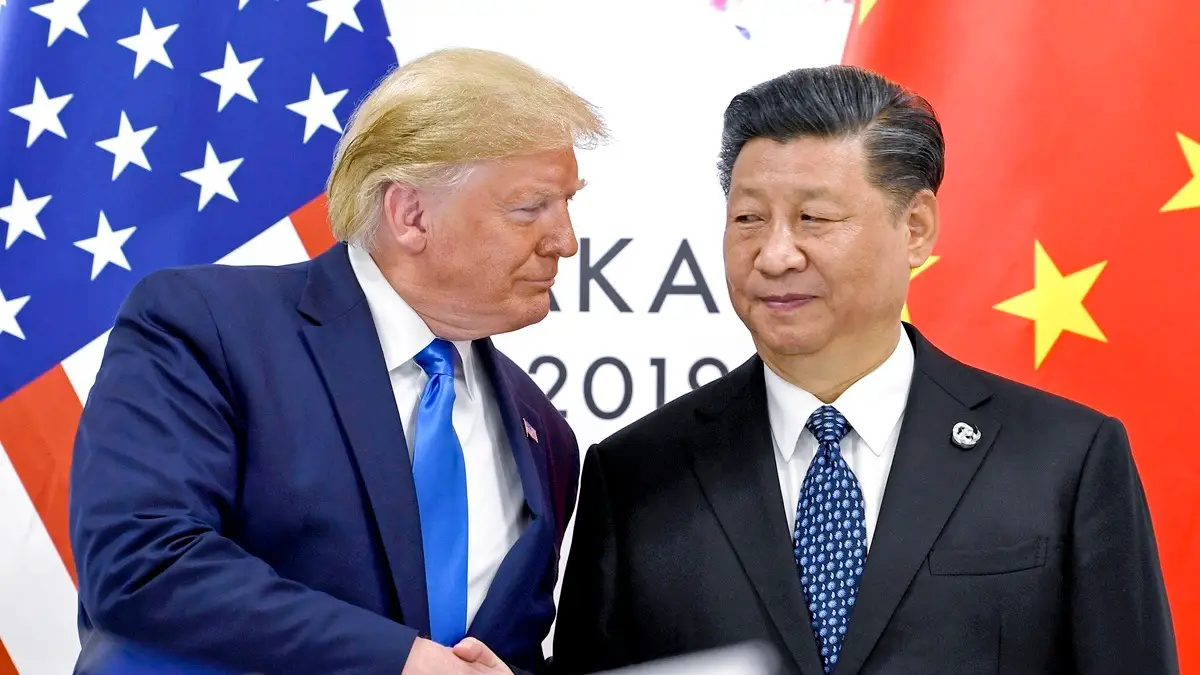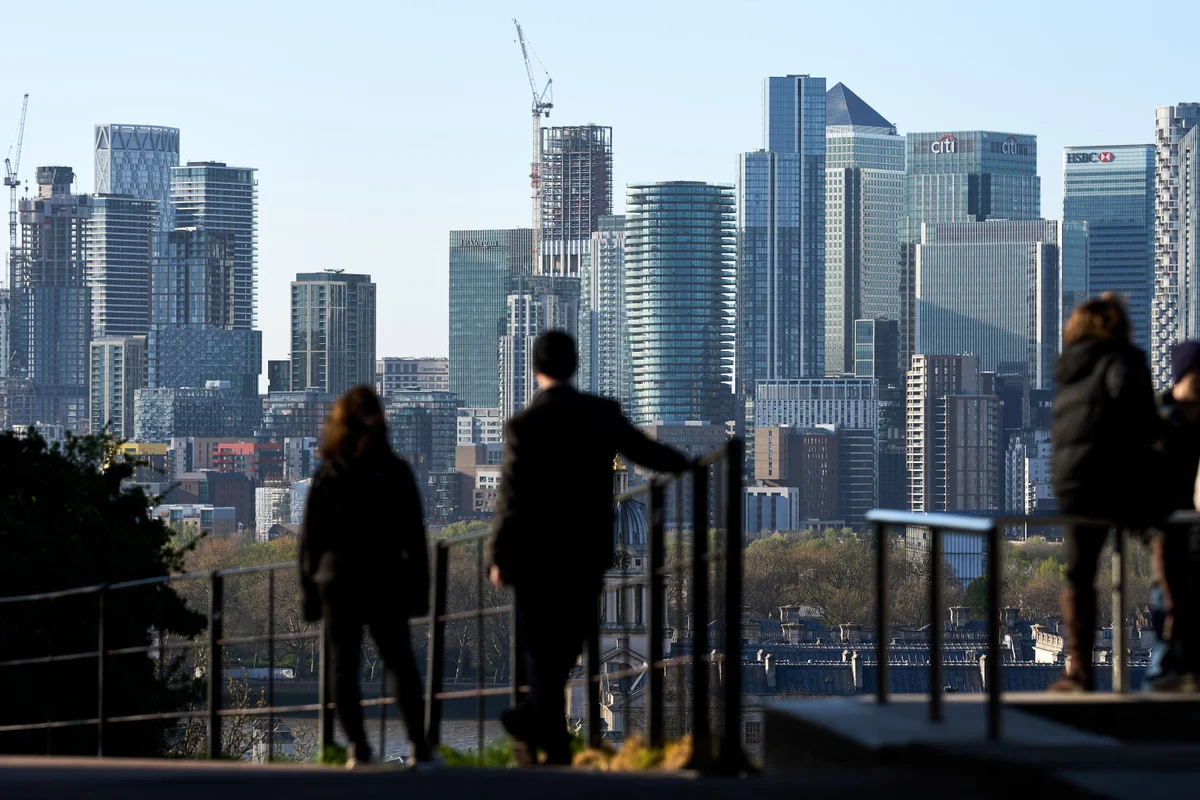By Abhishek Tiwari
Copyright republicworld

Washington: US President Donald Trump on Friday shared plans to meet Chinese President Xi Jinping at the Asia-Pacific Economic Cooperation (APEC) Summit slated for the end of October in South Korea. Furthermore, Trump will pay a visit to China early next year. Trump confirmed the developments after holding a telephonic conversation with his Chinese counterpart. Following the conversation between the two leaders, Trump also confirmed that Xi Jinping would come to the United States at an appropriate time. Notably, during the conversation, progress was made on the approval of the TikTok Deal, allowing the popular social media app to continue operating in the US, though specifics were not divulged.A statement from the Chinese government did not reference the planned visits nor shed light on Jinping’s stance regarding the sale of a controlling stake by TikTok’s Chinese parent company, ByteDance, to circumvent a US ban. However, the Chinese president urged Trump to refrain from imposing trade restrictions to prevent trade ties from deteriorating further. Despite the cordial nature of the call, the statements from the Chinese president raised concerns about the challenges prevailing between China-US ties. A major sign of cooperation was the willingness to meet face-to-face, keeping ties from unravelling amidst conflicting worldviews and deep economic entanglement.”The call was a very good one. We will be speaking again by phone, appreciate the TikTok approval, and both look forward to meeting at APEC!” Trump wrote on Truth Social, referencing the Asia-Pacific Economic Cooperation (APEC) group comprising 21 economies on the Pacific Rim.The efforts to finalise the TikTok deal saw ByteDance express interest in ongoing negotiations to ensure the app’s services persist for US users. However, no insight was provided into resolving the ownership question. The Trump administration previously stated that a framework deal for the app’s ownership was reached with Chinese officials during trade talks in Madrid. Trump, who credits the app with aiding his win for another term, has extended deadlines for TikTok to be spun off from ByteDance multiple times. The requirement stems from a law passed last year addressing data privacy and national security concerns.The US officials harbour concerns about ByteDance’s roots and ownership, citing China’s laws requiring companies to hand over data upon government request. The proprietary algorithm populating users’ feeds on TikTok is another concern. Chinese officials announced a consensus on authorising the use of intellectual property rights, including the algorithm, with both sides agreeing to entrust a partner with handling US user data and content security.During the call, Jinping told Trump that Beijing would be happy to see productive commercial negotiations in keeping with market rules, leading to a solution that complies with China’s laws and regulations and takes into account the interests of both sides. According to the statement, the US side needs to provide an open, fair and non-discriminatory environment for Chinese investors.Craig Singleton, senior China fellow at the Foundation for Defence of Democracies, a Washington think tank, opined that no done deal appears to exist over TikTok. “Beijing frames market-based talks under Chinese law, keeping a de facto veto, while Trump casts himself as the final approver,” he said.In wider trade discussions, Trump said progress was made on many important issues, including Trade, Fentanyl, and the need to bring the War between Russia and Ukraine to an end. A day prior, Trump suggested Russia’s war in Ukraine could end if European countries imposed higher tariffs on China. Trump did not indicate plans to raise tariffs on Beijing over its purchase of Moscow’s oil, as he has with India.The Chinese statement stressed Xi Jinping, stressing the importance of ties between the two nations, urging the US to avoid trade restrictions. Top US and Chinese officials held four rounds of trade talks between May and September, with another expected soon. Both sides paused high tariffs and pulled back from harsh export controls, but have yet to reach a deal on tech export restrictions, Chinese purchases of US agricultural products, or fentanyl.The Trump administration imposed an additional 20% tariff on Chinese goods linked to allegations of Beijing failing to stem the flow of chemicals used to make opioids to the US. China retaliated with 10% to 15% tariffs on US farm goods. Trump’s second-term trade war with Beijing cost US farmers a top market, American farm exports to China fell 53% from January to July compared to the previous year and US sorghum sales to China dropped 97%.Sean Stein, president of the US-China Business Council, said an agreement to remove fentanyl tariffs could lead Beijing to roll back retaliatory tariffs and resume US farm goods purchases.



